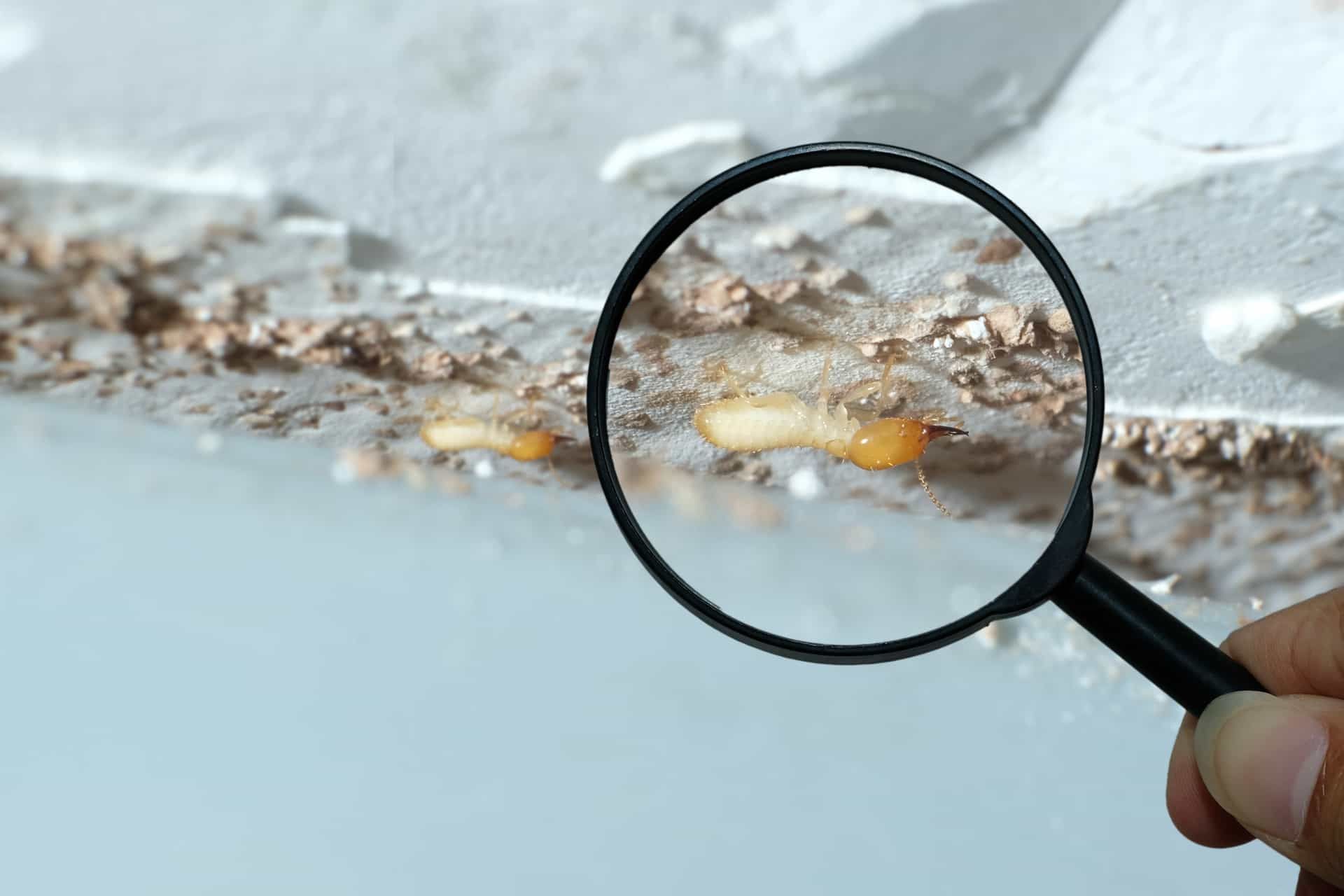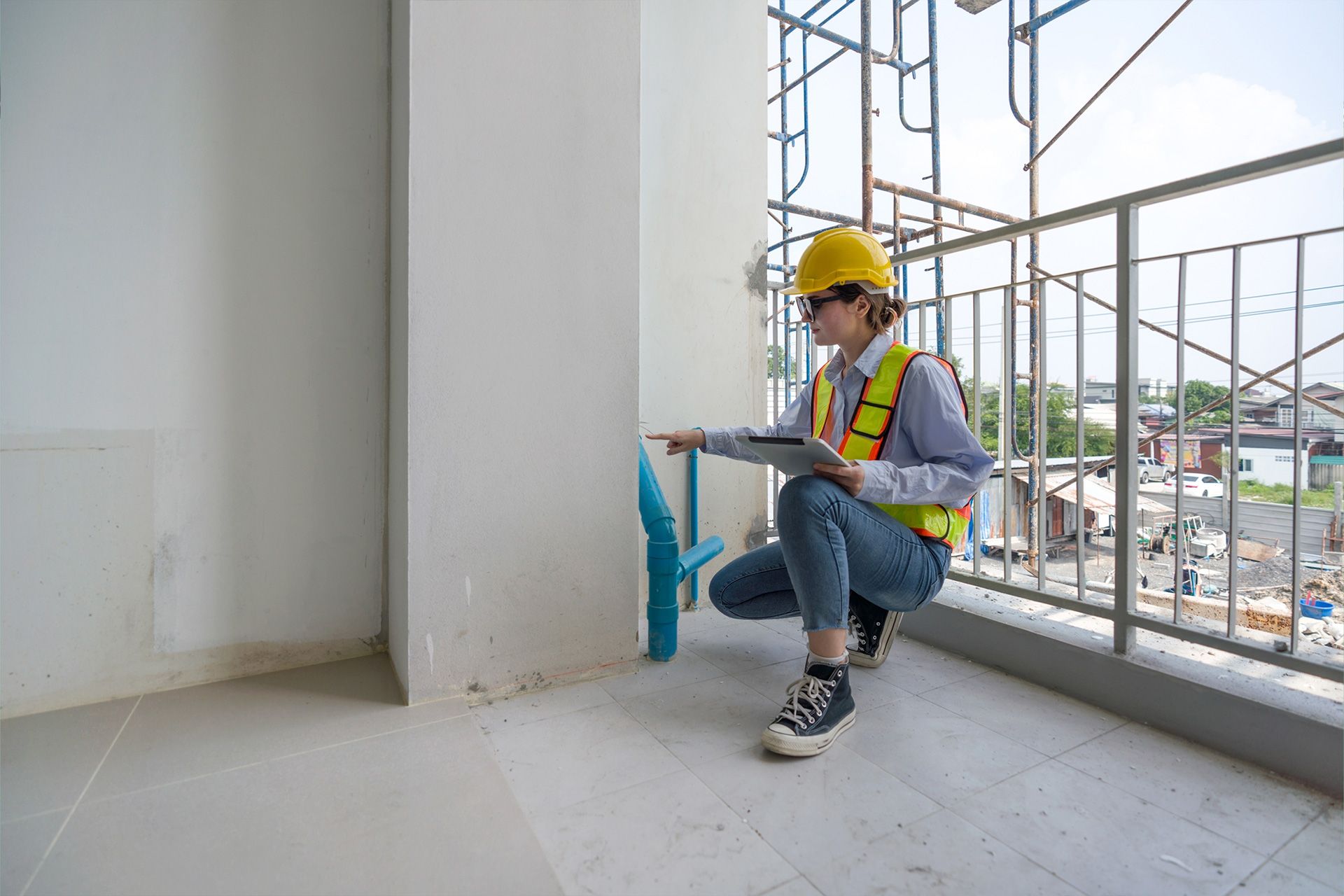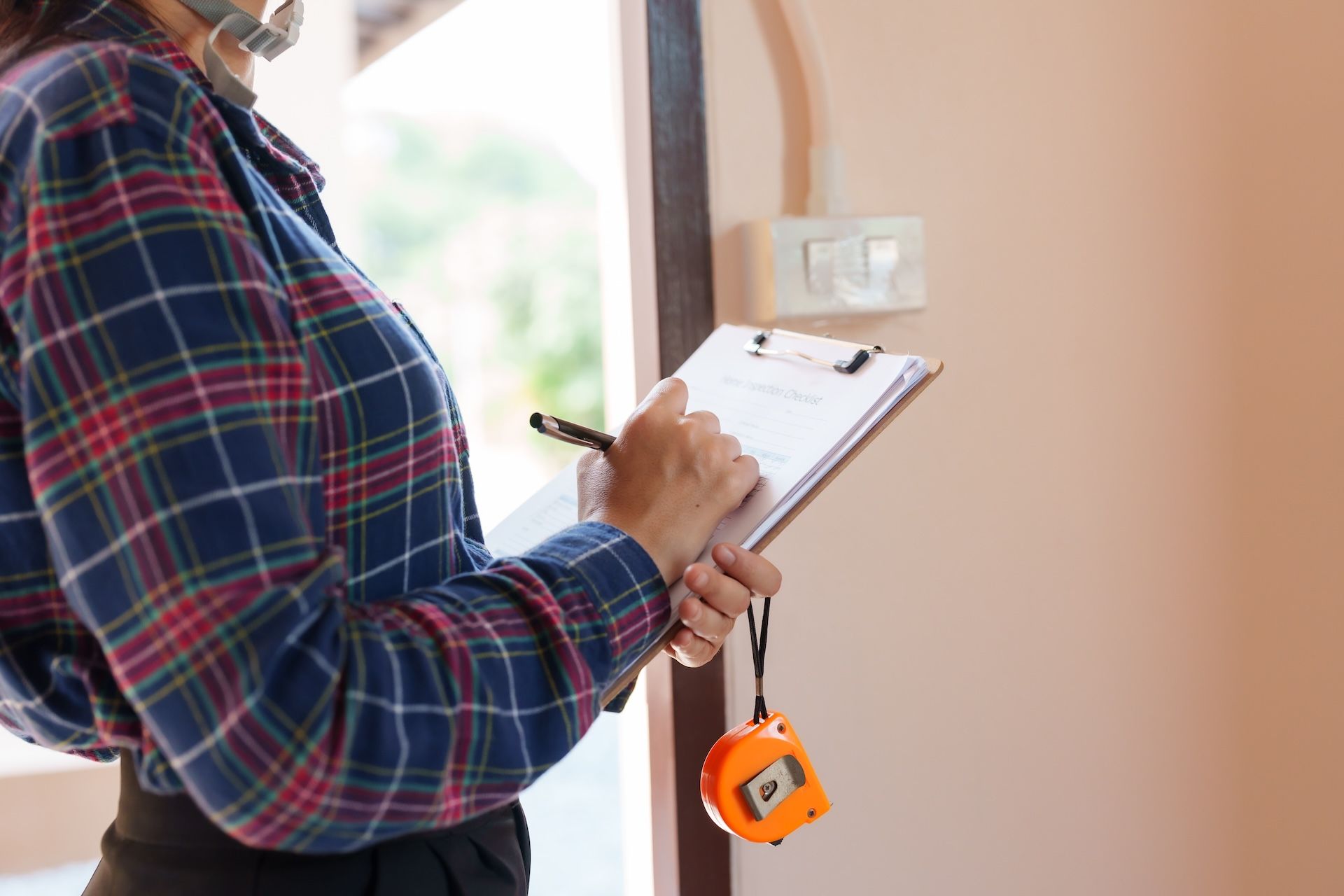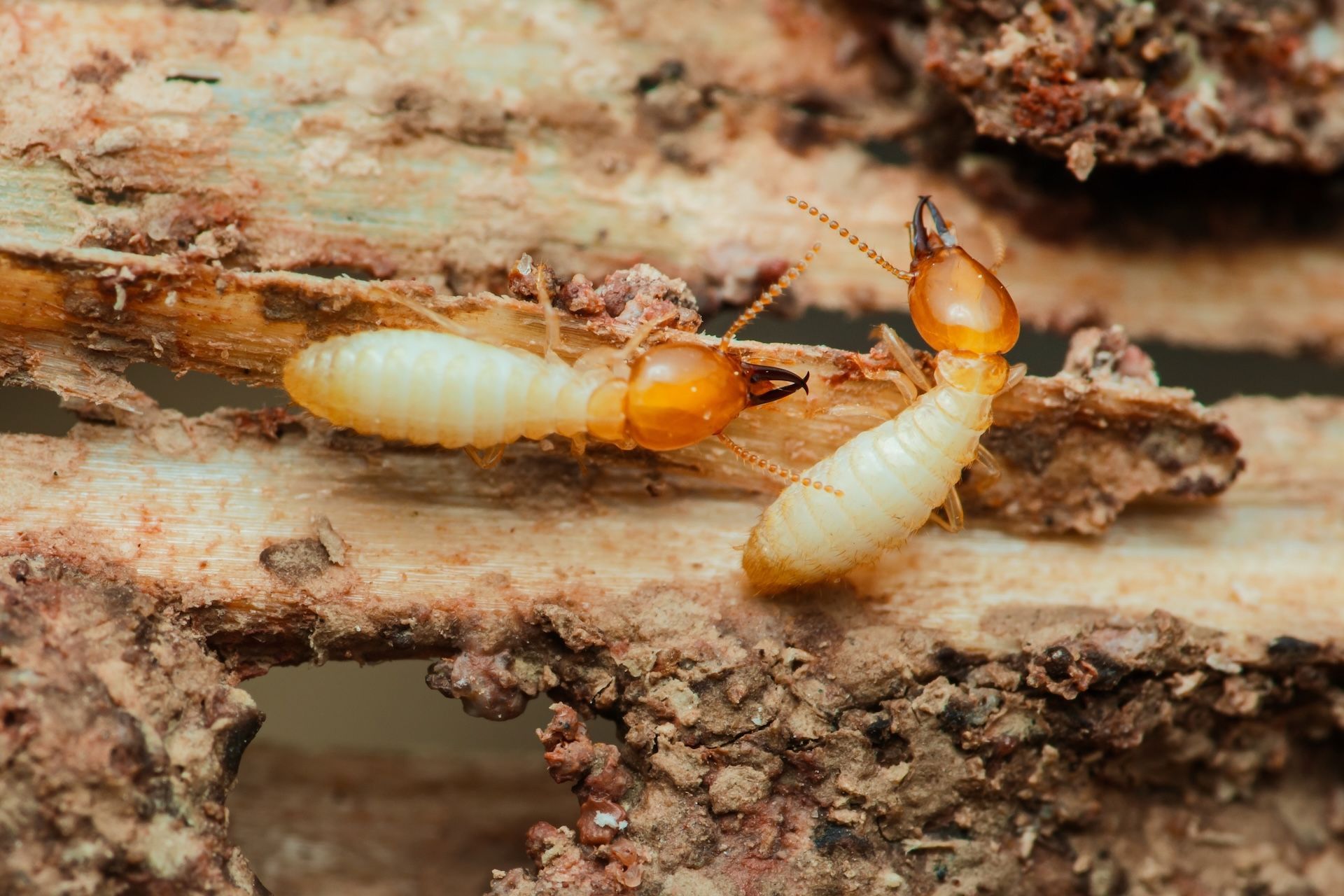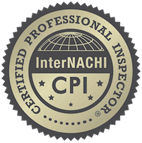How Often Do You Need Septic Tank Pumping?
Many homeowners rely on septic systems for their sewage needs, yet, many are also unfamiliar with proper maintenance practices. This happens frequently with individuals who just purchased a new property with a septic tank.
That said, the point of contention in the topic of maintenance is septic tank pumping Port St Lucie FL, and how often it is required to keep your
septic tank safe and efficient.
We’ll explore this topic in great detail today - so continue reading!
What Are The General Guidelines For Septic System Pumping?
If you start scouring the internet to find the right time for septic tank pumping Port ST Lucie, you’ll come across some general information that is contradictory most of the time. For instance, numerous sources state that homeowners should pump their septic system every two to five years.
There is a huge problem with this claim as general numbers may not be helpful in your situation.
What do we mean by it?
Every septic system is different and certain factors such as your home’s waste output determine how often your septic system needs to be pumped. What works for others may not work for you and vice versa.
Scum And Sludge Levels Inside Your Tank
The starting point in figuring out whether your septic system needs emptying is to take a closer look at the waste or scum and sludge levels inside the tank.
Septic systems work on gravity, so to speak, and the wastewater that leaves your home is naturally separated into the following sections:
- Solids/sludge that sink to the bottom of the tank
- Watery mix/effluent in the middle
- Grease/scum that floats at the top
When a septic system operates properly, the scum and sludge will remain in the tank while the watery mix will drain into the drain field. This means that the septic tank pumping Port St Lucie will be required to periodically clean out the grease and solids to ensure your septic system runs efficiently.
If scum in the tank thickens or the sludge rises to excessive levels, it will escape into the drain field, along with the watery mix. When this happens, the underground system will get clogged and, more often than not, the pipes in the system will be perforated, which can cause damaging backups and leaks in your home.
Are There Negative Sides To Pumping The Tank Too Often?
It might seem simpler to just pump the system once a year to avoid worrying about waste levels. Unfortunately, that’s not a good idea at all.
First, you’re basically going to throw your money away as there is simply not enough waste in the tank to justify it. To put it differently, the return on your investment would be pretty bad without getting any additional benefits.
But the biggest reason why excessive septic tank pumping Port St Lucie FL is harmful is the fact you’ll be robbing your system of good bacteria. Essentially, septic systems use anaerobic digestion (bacterial process of breaking down organic matter) to decompose the waste in the tank and prepare it for the next step in filtration.
Although septic tank pumping Port St Lucie is necessary to make certain the waste system works as intended, it also notably reduces digestive bacteria levels, which may take up to three weeks to return to normal. This can also cause inefficiencies and may even lead to the unhealthy accumulation of bacteria in the drain field.
All in all, it’s best you simply leave your septic system be, unless the waste levels reach a certain critical level.
How To Measure The Waste Levels In Your Tank?
As we briefly mentioned, scum and sludge levels in your tank will dictate the right schedule for pumping. When the sludge level at the bottom of the tank reaches one foot and the scum at the top is 6 inches, the system needs to be emptied.
If you want to measure this yourself, here are the steps you need to take:
1. Locate and remove the septic tank lid - Most lids are quite heavy and may require a lot of strength to lift. Still, be careful not to damage the lid in the process. The tank may contain up to five feet of water so practice extreme caution while doing this.
2. Check the scum trap. Since the scum is located at the top, it’s easy to assess how thick this layer is. If it’s six inches or above, you’re in dire need of a septic tank pumping Port St Lucie FL.
3. Purchase or make a sludge-level measuring stick - The DIY version works just as well. You only need a seven-foot stick on which you’ll put a 24-inch velcro strip at one end.
4. Lower the velcro end of the measuring stick into the tank through the thick sludge - Keep lowering until you hit the bottom of the tank.
5. Remove the stick and inspect the velcro - You’ll be able to see sludge sticking to the velcro.
6. Measure how many inches of sludge is on the velcro stick - We recommend pumping the tank if the sludge reaches 12 inches.
You can perform this process periodically to stay on top of the waste levels in your sewage system and find the exact right time to book septic tank pumping Port St Lucie.
How To Ensure Your Septic Tank Is Operating Properly
Emptying the septic tank is just the tip of the iceberg when it comes to septic tank maintenance. These systems are out of sight so it’s usually impossible to spot warning signs until the problem becomes serious.
For instance, your septic tank may be leaking, but you’ll have no idea it’s even happening until waste appears on the surface of your garden - at which point remediation will be considerably more challenging.
This is why you need regular septic tank inspections.
Here at
Guardian Angel Inspections, we offer comprehensive
septic inspections that cover just about every part of your septic system, including the interior and exterior portions of the treatment tank.
Our inspectors can provide you with peace of mind because this is the only way to make sure that your septic system is defect-free and isn’t posing a health risk to your family.
Get in touch with us by calling
561-512-7854 or filling out our
contact form and take the maintenance of your septic system to the next level!
Disclaimer: The information on this website and blog is for general informational purposes only and is not professional advice. We make no guarantees of accuracy or completeness. We disclaim all liability for errors, omissions, or reliance on this content. Always consult a qualified professional for specific guidance.
Share this entry

